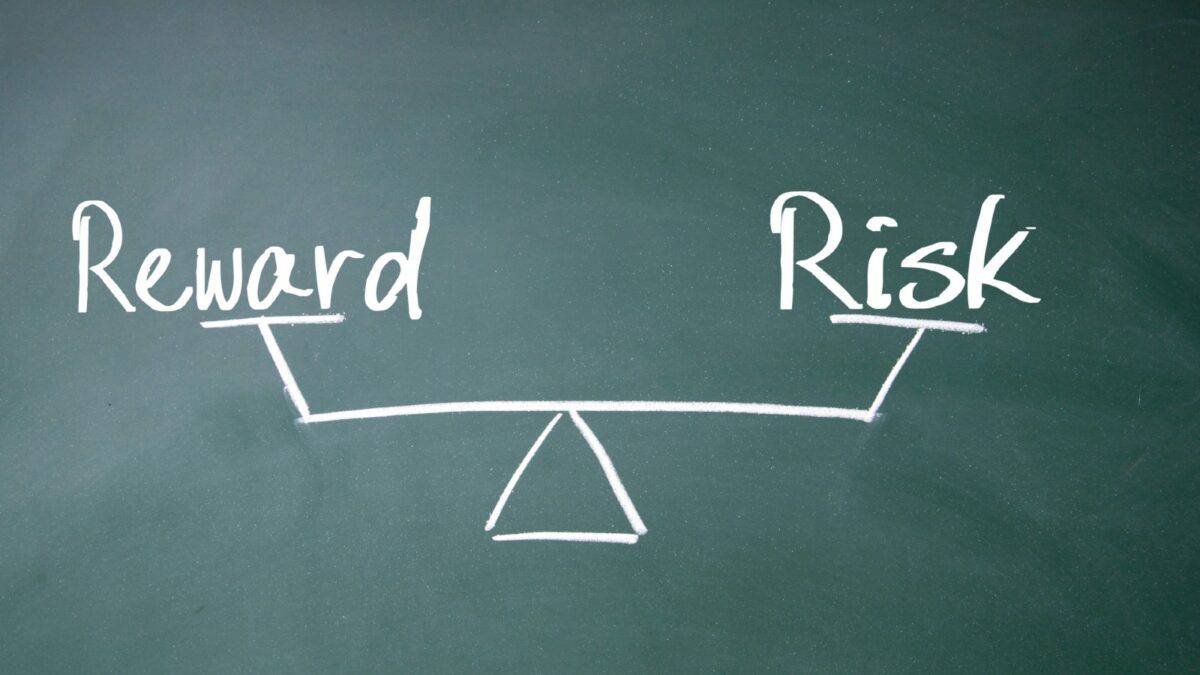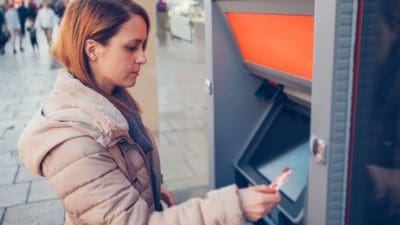Aviva (LSE: AV) shares offer a terrific yield of 7.7% a year, but why bother when I could get almost as much on cash today?
Challenger bank FirstSave’s two-year fixed-rate bond is currently topping the best-buy savings rate tables by paying 6.15% a year. That’s a huge improvement on a couple of years ago, when savers were lucky to get 1.5%. Cash now offers more competition than it did.
In contrast to buying a FTSE 100 stock like Aviva, my capital is safe in a savings account. In the highly unlikely event that FirstSave goes kaput, the first £85,000 would protected under the Financial Services Compensation Scheme.
Should you invest £1,000 in Barratt Developments right now?
When investing expert Mark Rogers has a stock tip, it can pay to listen. After all, the flagship Motley Fool Share Advisor newsletter he has run for nearly a decade has provided thousands of paying members with top stock recommendations from the UK and US markets. And right now, Mark thinks there are 6 standout stocks that investors should consider buying. Want to see if Barratt Developments made the list?
Cash is offering competition
There’s no such guarantee when buying shares. If I had invested £5,000 in Aviva six months ago, I’d have just £4,569 today (ignoring any dividends I received). That’s a paper loss of £431, with the stock falling 5.62% in that time. Anybody who buys direct equities instead of leaving their money in the bank has to be prepared for this type of stock market volatility.
Measured over 12 months, the Aviva share price is up just 2.34%. That’s disappointing, but combined with the dividend, investors still got a total return off around 10%. No cash savings account can match that.
Aviva shares have had an underwhelming year but still delivered an inflation-beating return. Again, that’s something no best-buy savings account has managed. Money left in cash is still being eroded in real terms, despite today’s higher rates. Which is a strong argument in favour of buying shares instead.
Here’s another. Aviva shares look cheap. They currently trade at just 7.66 times earnings, well below the 15 times considered fair value. This offers potential upside when stock markets recover, as may be happening today.
There are no guarantees, as share price performance is totally unpredictable. In 2022, Aviva posted a better-than-expected 35% rise in annual operating profit to £2.2bn and declared a total dividend per share of 31p, up from 16.76p in 2022. It even announced a £300m share buyback, as life and general policy sales rose. Yet the stock has gone nowhere.
I much prefer shares
Instead, investors focused on the negatives, such as the surging cost of general insurance claims as motor repair costs accelerated and extreme weather damaged homes.
Yet, I’d still much rather buy Aviva shares than stick to the safety of cash. The true rewards of investing come over the longer run. While savings accounts pay attractive levels of interest today, that’s unlikely to last as inflation starts to fall.
When that two-year fixed-rate bond expires, prevailing savings rates are likely to be much lower. By contrast, Aviva dividends will be climbing. The stock is forecast to yield 8.33% this year and a thunderous 9.11% in 2024. I don’t think I’ll ever generate that kind of return on cash.
Dividends are never guaranteed, but Aviva’s looks a lot safer than most. When the outlook brightens, I should get capital growth on top. I would never buy any share with less than a five-to-10-year view, and over such a lengthy period, I would expect Aviva shares to smash the returns on cash. I’ll buy them next week.







